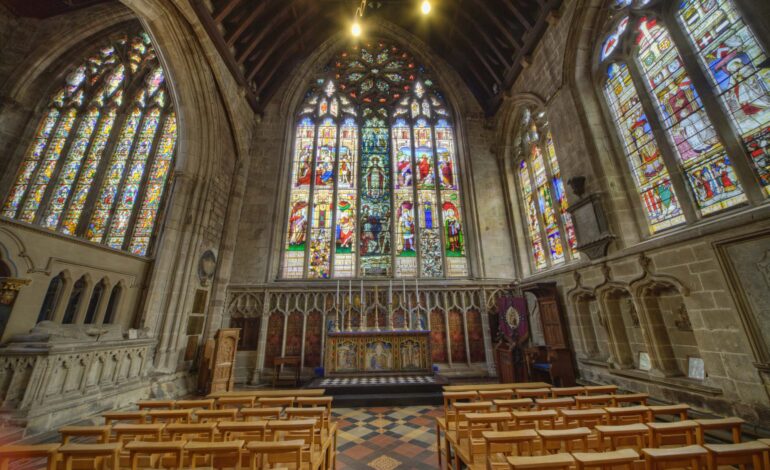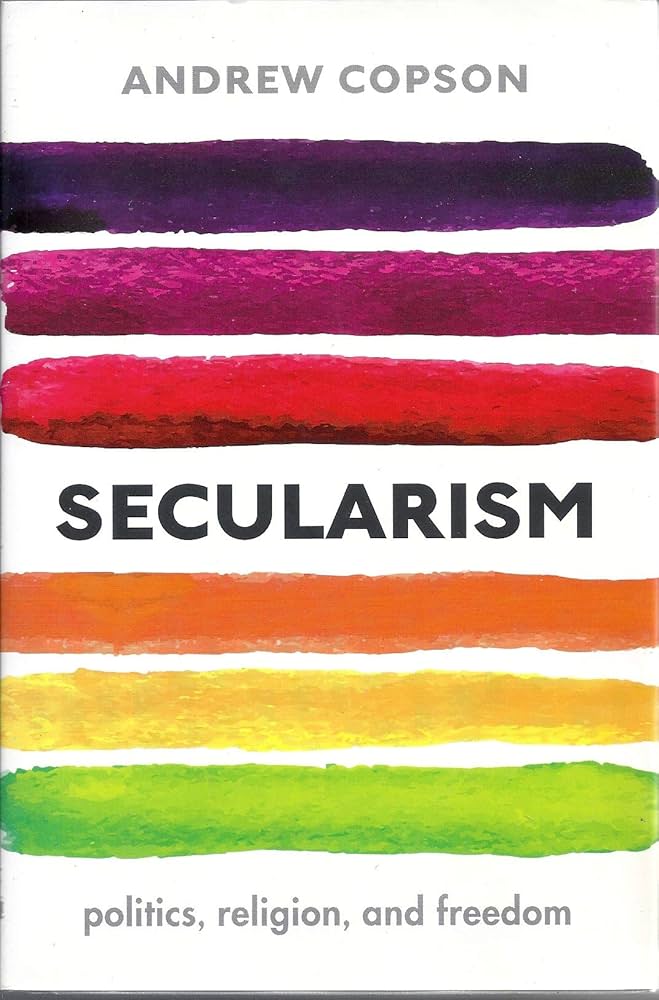Britain’s Forgotten Faith? A Secular Historian’s Warning

Britain stands at a cultural crossroad. For centuries, the Christian faith was woven so thoroughly into the nation’s identity that its traditions, language, and even sense of morality were inseparable from the teachings of the church. Today, leading atheist historians argue the United Kingdom is rapidly losing sight of this past—and that something valuable may be vanishing with it.
In a recent interview, one prominent atheist historian reflected, “We’re not just forgetting dogma, but also the collective memory that shaped our laws, our rites of passage, and the ways we care for each other in crisis.” The comments spark fierce debate on both sides. Some secularists welcome the shift, hoping to free national identity from “outdated” creeds. Others—many of whom don’t believe themselves—warn that erasing the past leaves culture unmoored, risking a sense of nihilism and disconnection.
What is clear is that the religious landscape is transforming at a pace unmatched since the Reformation. The UK’s latest census reveals more nonreligious than religious citizens for the first time. Stately cathedrals stand empty most Sundays, and Christian holidays are as likely to be about shopping as spirituality. But what comes next? Can shared values and rituals survive when the root memory is lost? Do we still need “sacred spaces”—not for worship, but for reflection and community?
Britain’s secular future might be inevitable, but historians caution that how we remember—or forget—the Christian past may determine what kind of society emerges next.








